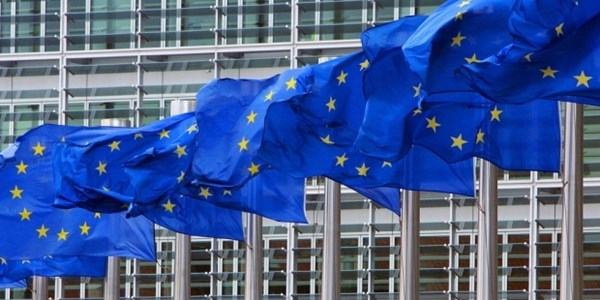EU extends sanctions against Russia
The European Union extended the economic sectoral sanctions against Russia for six months.
" The Council decision follows the latest assessment of the state of implementation of the Minsk agreements - initially foreseen to happen by 31 December 2015 - at the European Council of 24-25 June 2021. On that occasion EU leaders called on Russia to fully assume its responsibility in ensuring the full implementation of the Minsk agreements as the key condition for any substantial change in the EU’s stance. In light of the fact that these agreements are not fully implemented by Russia, EU leaders unanimously decided to roll-over the economic sanctions in place against the country," reads the statement on the website of the EU Council.
The initial restrictions that were introduced on July 31, 2014, in response to the situation in Ukraine. They were later tightened.
Sanctions limit access to EU primary and secondary capital markets for certain Russian banks and companies and prohibit forms of financial assistance and brokering towards Russian financial institutions. The measures also prohibit the direct or indirect import, export or transfer of all defence-related material and establish a ban for dual-use goods for military use or military-end users in Russia. The sanctions further curtail Russian access to certain sensitive technologies that can be used in the Russian energy sector, for instance in oil production and exploration.
The EU Council notes that “n addition to economic sanctions, the EU has in place different types of measures in response to Russia’s illegal annexation of Crimea and the city of Sevastopol and the deliberate destabilisation of Ukraine. These include: diplomatic measures, individual restrictive measures (asset freezes and travel restrictions) and specific restrictions on economic relations with Crimea and Sevastopol.
In April, the chairman of the leading faction of the European Parliament, the European People's Party, Manfred Weber proposed to increase sanctions pressure on Russia in the event of an escalation of the situation in the Donbas or the deterioration of the health of Russian opposition leader Alexei Navalny, who is now serving time in a penal colony. Later, in May, the President of the European Parliament, David Sassoli, spoke in favor of considering new sanctions. In his opinion, European countries should tighten sanctions against Russian officials, but at the same time establish closer contacts with the population and civil society and support Russian dissidents, non-governmental organizations and independent media.
